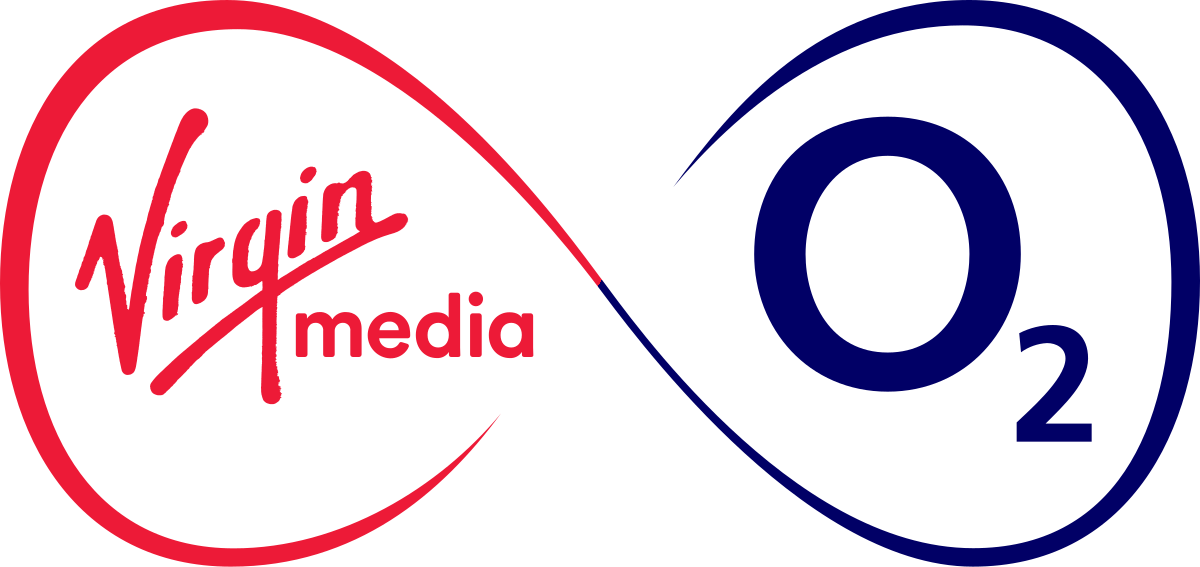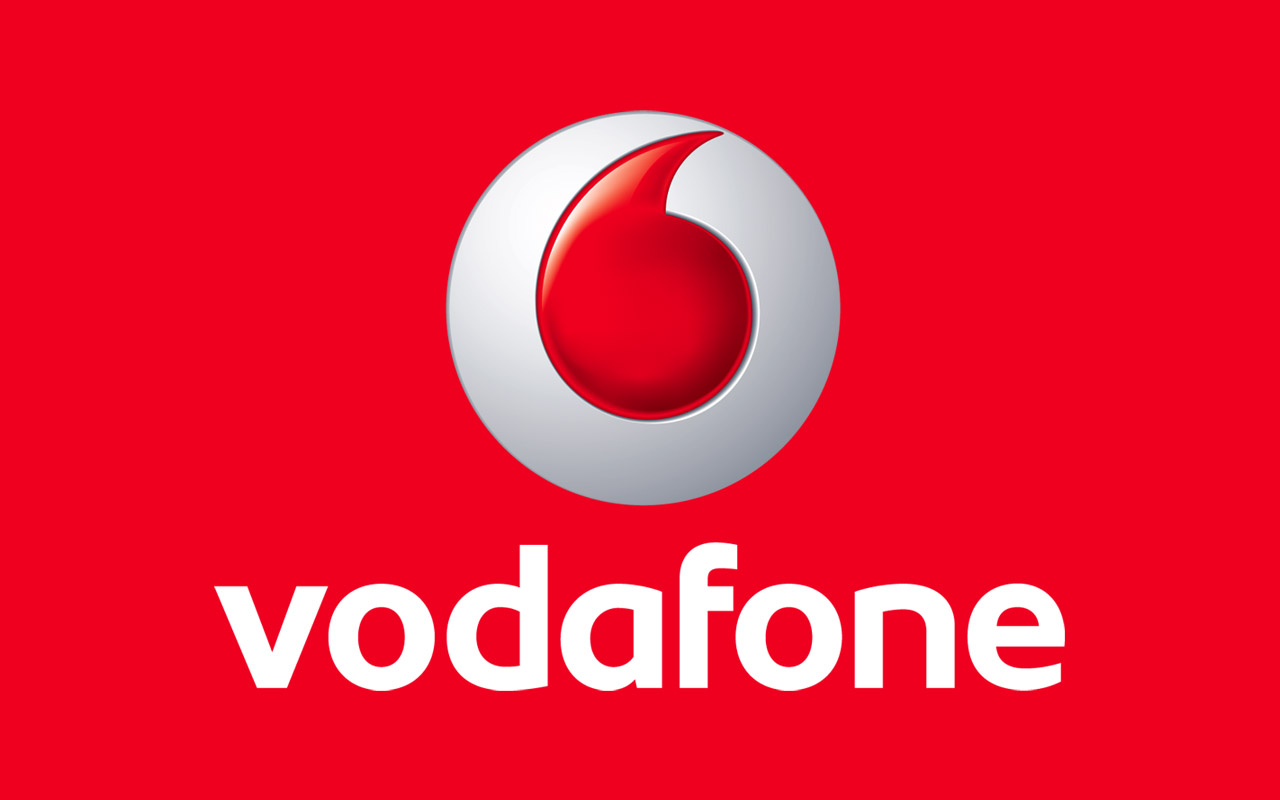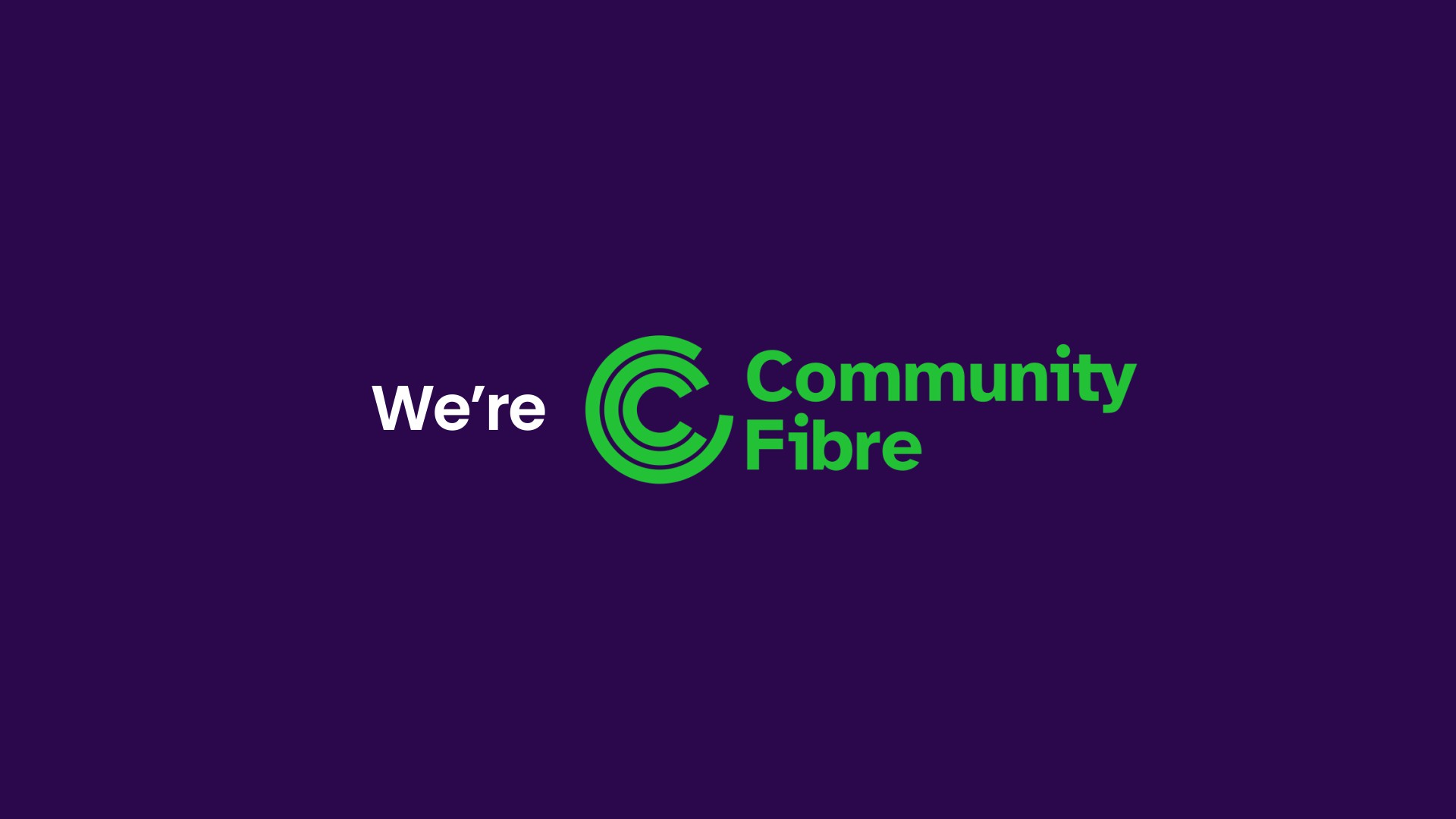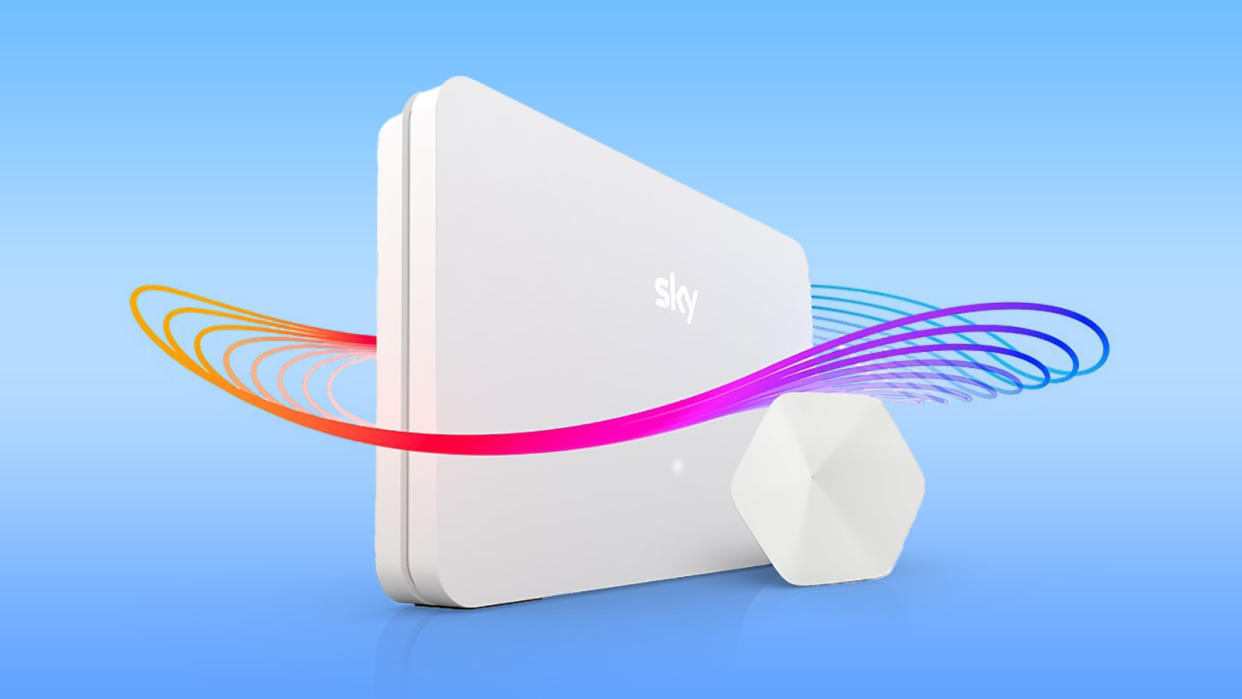The United Kingdom’s internet service provider landscape has undergone remarkable evolution, driven by ambitious infrastructure investments and fierce competition among providers. As digital connectivity becomes increasingly vital for both work and leisure, broadband companies have stepped up their game to deliver faster speeds, better reliability, and enhanced customer service across the nation.
Virgin Media O2 continues to dominate the high-speed broadband market, following its successful merger and subsequent network expansion. The company’s latest Gig1 fiber service now reaches over 90% of UK households, delivering consistent speeds of up to 2.2Gbps to residential customers. Their innovative hub technology has significantly improved in-home WiFi coverage, while their proactive maintenance system has reduced network downtime to industry-leading levels. The provider’s commitment to customer service has been evident through their expanded 24/7 support team and AI-powered troubleshooting solutions.

BT Openreach has accelerated its full-fiber rollout program, surpassing initial targets for coverage across both urban and rural areas. Their wholesale network now supports numerous providers, fostering healthy competition in the market. BT’s consumer division has particularly excelled in delivering reliable connectivity, with their Complete WiFi guarantee ensuring comprehensive coverage throughout subscribers’ homes. The company’s investment in quantum-secured networks has positioned them at the forefront of telecommunications security.
Sky Broadband has revolutionized its service offerings through strategic partnerships and infrastructure investments. Their Sky WiFi platform now integrates seamlessly with smart home devices, while their advanced traffic management system ensures optimal performance during peak usage periods. The provider’s commitment to environmental sustainability has resonated with consumers, as they’ve achieved carbon neutrality in their operations while maintaining competitive pricing and service quality.
TalkTalk has strengthened its position as a value-oriented provider while significantly improving service reliability. Their Future Fibre platform delivers gigabit-capable speeds at competitive prices, making high-speed internet accessible to budget-conscious consumers. The company’s transparent pricing structure and contract-free options have attracted customers seeking flexibility without compromising on service quality.
Vodafone has leveraged its mobile expertise to deliver comprehensive connectivity solutions, seamlessly integrating fixed and mobile broadband services. Their Pro Broadband service, which automatically switches to 4G during fixed-line outages, has set new standards for reliability. The provider’s investment in OpenRAN technology has enabled more efficient network management and improved service delivery.

Hyperoptic, focusing on urban areas and new developments, has expanded its pure fiber network significantly. Their symmetrical gigabit speeds and low latency have made them particularly popular among gamers and content creators. The provider’s innovative approach to building infrastructure has allowed them to deliver superior service quality while maintaining competitive pricing.
Community Fibre has emerged as a significant player in the London market, offering exceptional value and performance. Their social responsibility initiatives, including affordable connectivity programs for low-income households, have garnered praise from both customers and industry observers. The provider’s focus on local support and community engagement has resulted in high customer satisfaction scores.

EE, leveraging its mobile network expertise, has enhanced its fixed broadband offerings with integrated 5G backup solutions. Their Smart Hub technology adapts to usage patterns, optimizing performance for different applications and devices. The provider’s reputation for reliability has been further strengthened by their comprehensive network monitoring and rapid response systems.
Rural connectivity has seen significant improvements through various initiatives and technologies. B4RN (Broadband for the Rural North) continues to demonstrate the effectiveness of community-led broadband projects, delivering gigabit speeds to remote communities through innovative deployment methods. Traditional providers have also accelerated their rural expansion efforts, supported by government funding and public-private partnerships.
The industry has witnessed substantial improvements in installation processes, with many providers now offering self-installation options and virtual support. Advanced diagnostic tools and AI-powered troubleshooting have reduced the need for traditional engineer visits, improving both efficiency and customer satisfaction. Most major providers have implemented proactive network monitoring systems that can identify and address potential issues before they impact service.
Pricing structures across the industry have become more transparent, with providers moving away from complex packages and hidden fees. Competition has driven down the cost of gigabit services, with prices typically ranging from £35 to £60 per month for high-speed connections. Value-added services, such as advanced security features and smart home integration, have become standard offerings rather than premium add-ons.
Customer support has evolved significantly, with providers incorporating AI-powered chatbots, virtual assistance, and enhanced self-service options. These improvements have resulted in faster resolution times and higher customer satisfaction scores across the industry. Many providers now offer comprehensive mobile apps that enable customers to manage their services, troubleshoot issues, and schedule maintenance without calling customer service.
Environmental sustainability has become a key focus for many providers, with several implementing eco-friendly practices and investing in renewable energy sources. The industry has collectively committed to reducing carbon emissions, with some providers already achieving carbon-neutral status in their operations.
The competitive landscape has driven innovation in service delivery and customer experience. Providers are increasingly offering additional services such as TV streaming platforms, gaming optimizations, and smart home integration. These value-added services help differentiate offerings in a market where basic connectivity has become commoditized.
Looking ahead, the industry is poised for continued growth and innovation. The ongoing deployment of full-fiber infrastructure, combined with advancements in network technology, promises even faster speeds and more reliable service. The integration of artificial intelligence and machine learning is expected to further enhance network management and customer service capabilities.
For consumers navigating the market, considerations beyond speed and price include reliability, customer service quality, and the availability of value-added services. While national providers offer extensive coverage and established track records, regional and community providers often deliver comparable or superior service in their markets, making them worthy of consideration where available.
As digital transformation continues to reshape society, the role of internet service providers becomes increasingly crucial. The UK market’s competitive nature ensures continued innovation and improvement in service delivery, benefiting consumers across the nation through better connectivity options and enhanced digital experiences.

















Add Comment